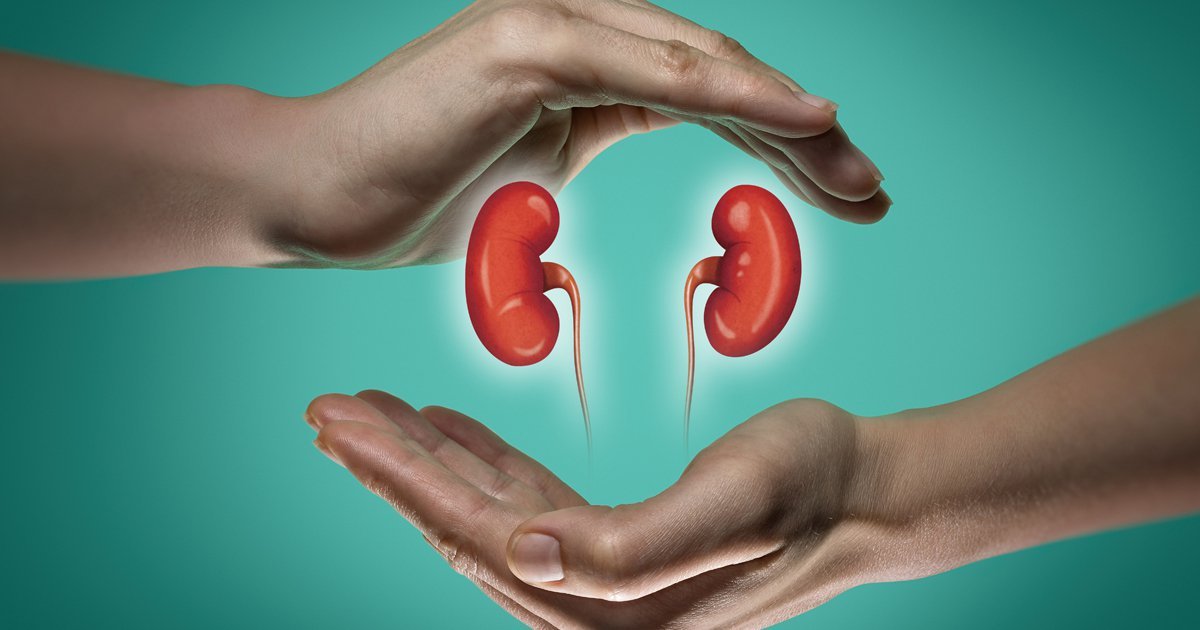End-stage renal diseases can be terminal conditions with 90% of the kidney capacity lost. A stopgap solution to such a condition is regular dialysis and purifying the bloodstream externally via a machine. The permanent solution is a kidney transplant. However, both the availability of matching donors and the costs of kidney transplants in many countries can be prohibitively expensive. This is why many international patients travel to India every year for kidney transplants and post-transplant treatments.
This article discusses how you can choose one of the best kidney transplant hospitals in India.
What is end-stage renal disease (ESRD) or kidney failure?
The kidney is the bean-shaped organ, in the size of a human fist, that plays the vital role of detoxing our bloodstream continuously. A healthy human body has two kidneys. The filtration system inside the kidney separates waste minerals, bio-particles, and fluid from the blood and removes them from the body as urine. Different diseases and health conditions can affect and reduce the kidney’s capacity to filter blood. When this capacity goes down to below 90% of normal capacity, doctors call the condition ESRD or end-stage renal disease. This is also called kidney failure. In such a situation, a patient’s kidney cannot function properly and the level of waste material in the bloodstream increases, resulting in further health complications.
It is important that people identify symptoms of kidney malfunction and prevent further deterioration in the kidney’s filtration mechanism as soon as possible.
Early signs of kidney failure
Symptoms and signs of problems in the kidney can be subtle and a decrease in the kidney’s capacity can be very gradual. Patients ignore these symptoms as minor issues and fail to consult doctors for medical intervention in advance. Patients visiting some of the best kidney transplant hospitals in India often come with severe ESRD symptoms.
The common early symptoms of problems in the kidney can be:
- Changes in urine characteristics – Frequent or infrequent urination, nocturia, abnormal (foamy, cloudy, or dark) urine color, hematuria or traces of blood in urine, and pain sensation during urination.
- Swelling because of fluid retention – This can affect body parts like feet, ankles, hands, or face because of fluid retention.
- Fatigue and weakness – Accumulation of toxic waste in the bloodstream decreases vitality. So, people with malfunctioning kidneys often feel fatigued and weak.
- Anemia – Lower production of erythropoietin hormone in the kidneys affects red blood cells, causing anemia.
- Chronic nausea and vomiting – These are other common symptoms of decreasing kidney functionality because of an increase in toxicity in the body.
- Changes in skin tone – Itchiness, dryness, and discoloration of skin (pale or yellowish).
- Shortness of breath – Fluid builds up in the lungs following kidney problems, and it makes breathing difficult.
- Metallic taste in mouth – Excessive build-up of toxins in the bloodstream often causes metallic foul tastes in the mouth.
- Abnormally high blood pressure – A major function of the kidney is to regulate blood pressure. In the absence of a properly functioning kidney, blood pressure can increase.
Besides, kidney problems can also cause muscle cramps and difficulties concentrating, hampering mental focus. It’s essential to consult doctors if someone notices any of these symptoms and the intensity increases gradually. It is possible to treat chronic renal problems with medication and lifestyle adjustments.
However, once the kidney filtration goes down below 10%, a transplant is the only reliable long-term remedy.
Who is eligible for a kidney transplant?
Chronic renal problems and kidney failure are common nowadays. Hence, the demand for kidney transplants has also increased. Any of the best kidney transplant hospitals in India follow criteria to decide eligibility for transplant based on:
- Renal function
- Age of the patient
- Health condition
- Immunological compatibility
Usually, doctors recommend specific tests before deciding on the eligibility and suitability of the kidney transplant. These tests are:
- Chest x-ray to understand lung functional status
- Renal scan and imaging using radioactive pharmaceutical material
- Ultrasound with Doppler to visualize blood and fluid flow inside the kidney.
- Magnetic resonance imaging (MRI) and computed tomography
- Kidney biopsy
How to choose the best kidney transplant hospital in India?
India hosts several top super-specialty and multi-specialty hospitals with the latest transplant surgery infrastructure and post-surgery care facilities. Many of these best kidney transplant hospitals in India provide end-to-end kidney transplant assistance, from donor research to post-transplant checkups.
The checklist for choosing one of the best kidney transplant hospitals in India is as follows:
- Team of expert nephrologists and transplant surgeons
- High number of patient admissions for transplantation surgery
- Positive testimonials from previously treated patients
- The latest diagnostic imaging infrastructure
- Dedicated organ transplant coordinator for individual patients
- Global accreditation on patient safety and quality control
Bottomline
The cases of kidney failure are increasing because of lifestyle-related diseases, food habits, obesity, and smoking. The major menaces are diabetes and hypertension. Consumption of excessive salt and sugar in our food is also a contributing factor. Any of the best kidney transplant doctors in India recommend lifestyle adjustments for a successful transplant. So, keep a lookout for common symptoms of ESRD and consult qualified doctors without any hesitation.
